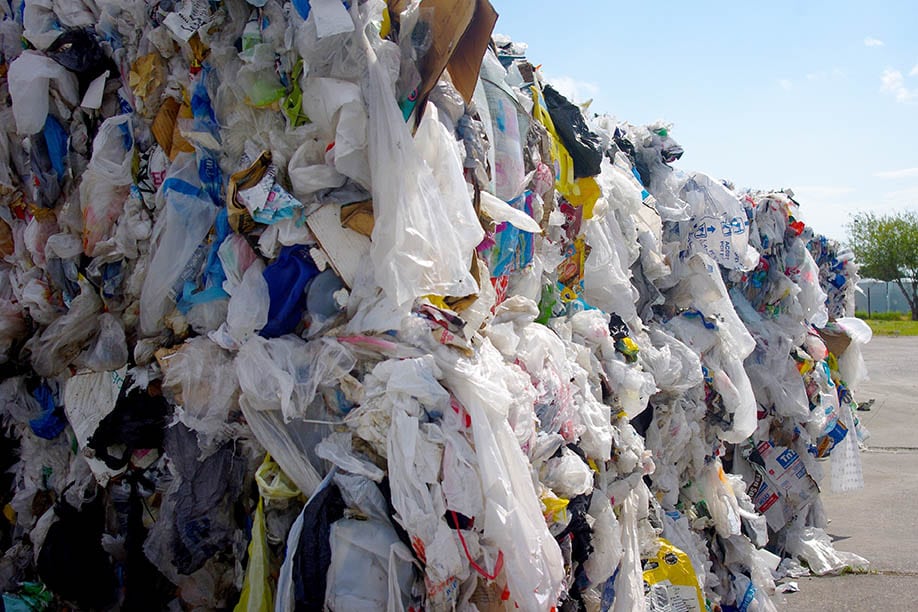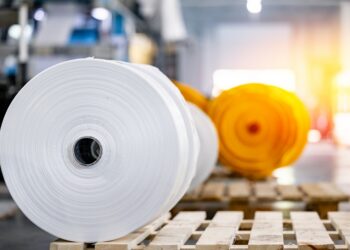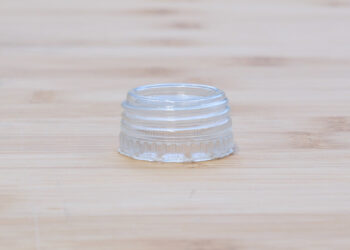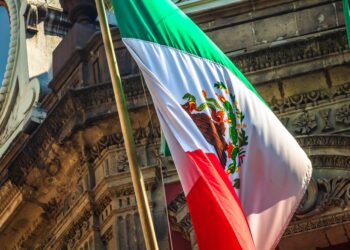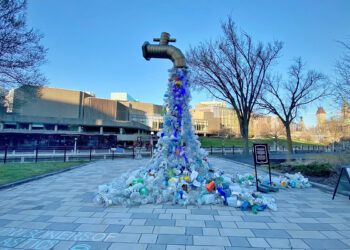CBC News in Canada used tracking devices to follow where garbage and recycling companies took loads of recovered film. Much of the plastic was ultimately burned or buried.
The Canadian national news outlet on Sept. 28 reported on its investigation, which took place in British Columbia.
CBC News’ Marketplace team worked with Seattle-based waste watchdog group Basel Action Network (BAN) to install GPS tracking devices in bales of plastic the team had procured. Marketplace journalists then used an alias email account to commission Merlin Plastics, GFL Environmental and Waste Connections of Canada to collect the 9 tons for recycling.
Merlin is a plastics reclaimer with a presence in the western U.S. and Canada. GFL and Waste Connections are two of North America’s largest waste haulers and processors.
The investigation found that Merlin recycled the polyethylene, GFL Environmental sent it to a waste-to-energy facility and Waste Connections of Canada disposed of it in a landfill.
BAN’s focus in previous years has been on preventing exports of waste to developing countries, and it has been active in placing trackers inside scrap electronics to follow their downstream destinations. The group has also gotten more involved in plastics trade issues lately, speaking out in support of the Basel Convention’s adoption of a proposal from Norway to place restrictions on the international trade of scrap plastics, for example.
Marketplace wrote it launched the investigation after instances of Canadian material ending up overseas. The project showed that none of the plastic film was exported, but much of it wasn’t recycled either.
In a statement to Marketplace, GFL Environmental said it couldn’t find a recycling industry buyer for the material, so it used a cost-effective alternative solution. Waste Connections of Canada suggested the plastic was disposed of because of a miscommunication with the driver. Merlin Plastics confirmed the material was recycled into pellets at its British Columbia facility and sold to manufacturers.
British Columbia uses an extended producer responsibility (EPR) system through which Recycle BC, a producer-funded group, manages the collection and recycling of the province’s curbside recyclables.
In response to the Marketplace report, Recycle BC issued a statement on its website saying the investigation involved “one-time, business-to-business transactions outside of the Recycle BC program. They did not leverage or reflect the rigorous processes that underpin Recycle BC’s full producer responsibility system.”
Recycle BC also noted that nearly all of the plastic collected through Recycle BC’s program goes to Merlin Plastics, except for a small amount of densified PS exported to Malaysia for recycling into picture frames.













